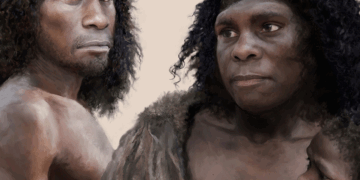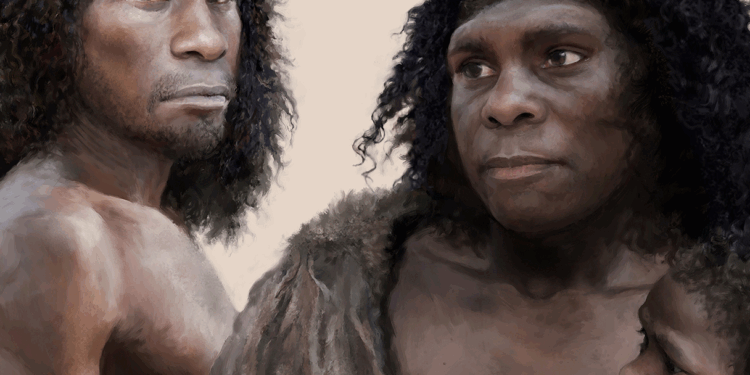A groundbreaking study published in Nature has uncovered why modern humans successfully colonized the world around 50,000 years ago, while earlier migrations from Africa failed. The key lies in ecological adaptability, our ancestors’ ability to thrive in diverse environments before they ever left Africa.
Fossil records show that earlier human groups ventured into Eurasia as far back as 200,000 years ago, but none left a lasting genetic legacy. Only the migration around 50,000 years ago led to the global spread of Homo sapiens.
Why? Previous theories focused on tools or symbolic behavior, but these existed long before. The new study, led by Prof. Eleanor Scerri of the Max Planck Institute and Prof. Andrea Manica of Cambridge, argues that ecological flexibility was the game-changer.
Using 479 archaeological sites and climate reconstructions, researchers tracked how humans expanded into new habitats. Before 70,000 years ago, humans mostly occupied stable, favorable environments. Between 70,000 and 50,000 years ago, they began settling in forests, deserts, and arid zones, even when climate didn’t force them to. By 29,000 years ago, humans had occupied nearly all African ecosystems, setting the stage for global expansion.
Key adaptations included wider diets incorporating diverse plants and animals, water storage techniques, controlled landscape burning, and stronger long-distance social networks.
Earlier groups, such as those around 120,000 years ago, moved only during ideal climate windows, such as wet Saharo-Arabian periods. They lacked the ecological resilience to survive harsh, fluctuating environments. The migration that succeeded around 50,000 years ago worked because humans were already adapted to deserts, forests, and savannas, making Eurasia’s challenges manageable.
The study reframes human evolution not as a sudden revolution, but as a slow, continent-wide process. Climate instability helped drive this shift, as dry and wet cycles forced innovation. There was no single winning trait; instead, success came from many local adaptations across Africa.
“This was ecological boot camp,” said Prof. Scerri. “By surviving Africa’s extremes, we became ready for the world.”
The findings help explain why Neanderthals and Denisovans, who were adapted to stable niches, eventually died out. They also show that technology alone – like advanced tools – was not enough. Behavioral flexibility was crucial. And they suggest that Africa’s ecological diversity was the real cradle of humankind.
Modern humans didn’t just stumble out of Africa, we earned our global dominance by first mastering every corner of our home continent.
The study was funded by the Max Planck Society, the European Research Council, and the Leverhulme Trust.




































